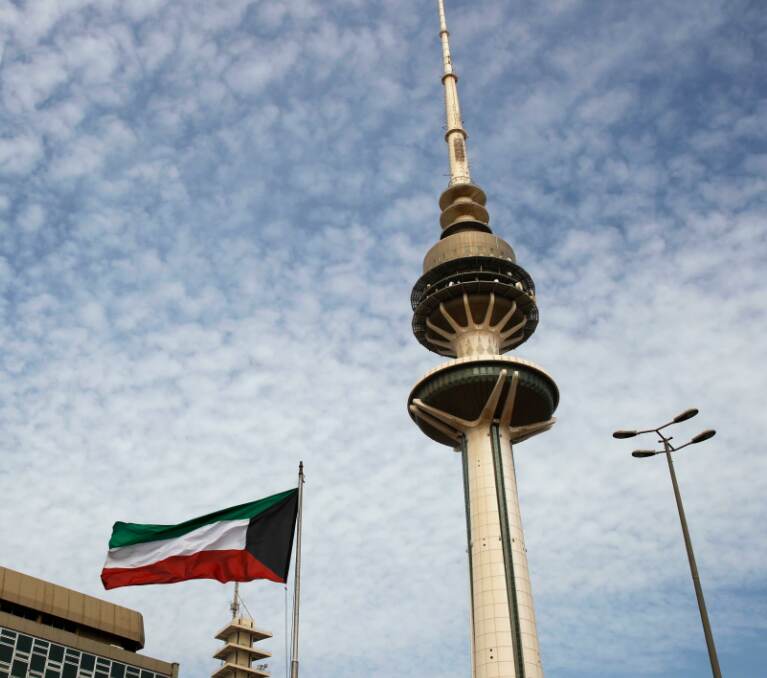Kuwait Breaks Moratorium with Controversial Executions, Drawing International Scrutiny
The recent executions in Kuwait, including a man involved in a 2015 ISIS suicide bombing, have drawn international attention and criticism of the country's increased use of the death penalty.
The executions in Kuwait that took place on Thursday have attracted international attention. The Gulf Emirate put to death five individuals, including a man who was convicted of involvement in a 2015 Islamic State group suicide bombing that killed 26 people.
This marks the first round of executions since seven individuals were put to death in November last year, ending a five-year moratorium. The main convict in the 2015 bombing, Abdulrahman Sabah Saud, a stateless Arab, was found guilty of driving the bomber to the mosque and bringing the explosives belt that was used in the attack from near the Saudi border.
While Saud initially pleaded guilty to most charges during his trial, he later denied them during the appeals and supreme court proceedings. The other men executed on Thursday included a Kuwaiti, an Egyptian, and a member of Kuwait's stateless Bidoon minority, all of whom were convicted of murder.
Additionally, a Sri Lankan was put to death on drug charges. Amnesty International has criticized the rise in the use of the death penalty in Kuwait, particularly when it is employed against non-violent offenders. The case surrounding the 2015 bombing saw 29 defendants initially charged, including seven women accused of helping the Saudi mosque bomber.
In 2016, Kuwait upheld jail terms for eight individuals, with some being acquitted. Among those convicted was Fahad Farraj Muhareb, an alleged IS leader in Kuwait, whose death sentence was subsequently commuted to 15 years in prison. Although Kuwait has handed down dozens of death sentences since the introduction of the death penalty in the mid-1960s, actual executions have been relatively rare in the country.
The majority of those condemned have been convicted of murder or drug trafficking. Capital punishment remains widespread in the region, particularly in Iran and Saudi Arabia where 74 people have already been put to death this year, according to AFP.
Critics argue that Saudi Arabia's continued use of the death penalty contradicts the image it has tried to establish through its Vision 2030 social and economic reforms. Meanwhile, it is estimated that at least 64 people are currently on death row in Saudi Arabia, including nine who were minors when charged, according to the European Saudi Organization for Human Rights.




